Android is coming to an end, and that's a good thing!
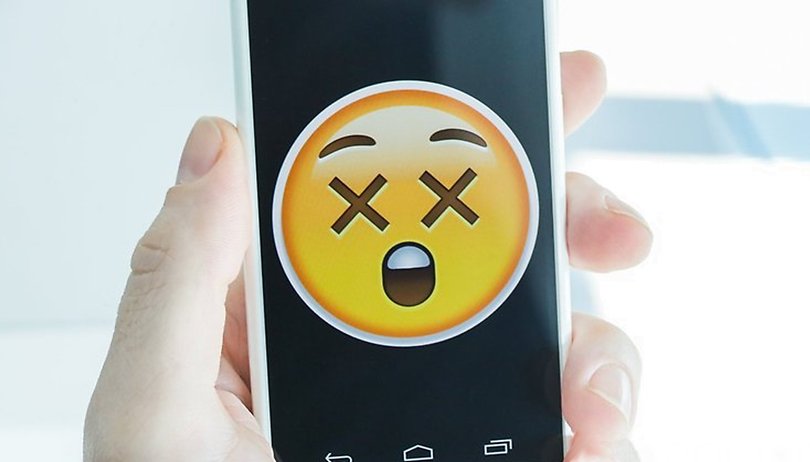

With Harmony OS Huawei introduces us to a new era, but the Chinese are not alone. The Android era may soon be coming to an end. That doesn't have to be a bad thing, not even for Google.
To meet the critical voices directly: No, of course Android isn't dead yet, Fuchsia has been hovering in a vacuum forever and Harmony OS is hardly more than a screenshot and a big idea. At Google, the executives will not be trembling in a corner and looking anxiously into the future just yet. But a closer look reveals that a change of status quo for mobile operating systems could be closer than some experts currently think.
Huawei's plans for its own operating system as an alternative to Android have been long at the drawing board but were more or less half-heartedly pursued. At the least, since the US embargo against the Chinese company, however, there has been movement in the matter. At its first really big Developer Conference last week, Huawei gathered more than 6,000 developers and showed them how they see a future with Harmony OS. The focus is on the development of new ecosystems.
According to Huawei, it already has around 530 million users worldwide who use its various products and services. With Harmony OS, they should now have such a beautiful new home that it eliminates the need to leave. Harmony OS is supposed to connect all devices and create access to all content without the users getting a longing for Google and Co. In return, the software gets new developer tools, a microkernel as a basis and a latency engine for particularly scalable and permanently fast performance.
Harmony OS should be open to everyone
In its communication on Harmony OS, Huawei particularly emphasizes the openness of the system: "Open access to the further development of the ecosystem is an important factor. Huawei is, therefore, opening 14 different types of the HMS core required for development with devices. With 51 services and 885 interfaces, developers from all over the world can implement their ideas more efficiently. Already, more than 43,000 apps are based on the HMS core."
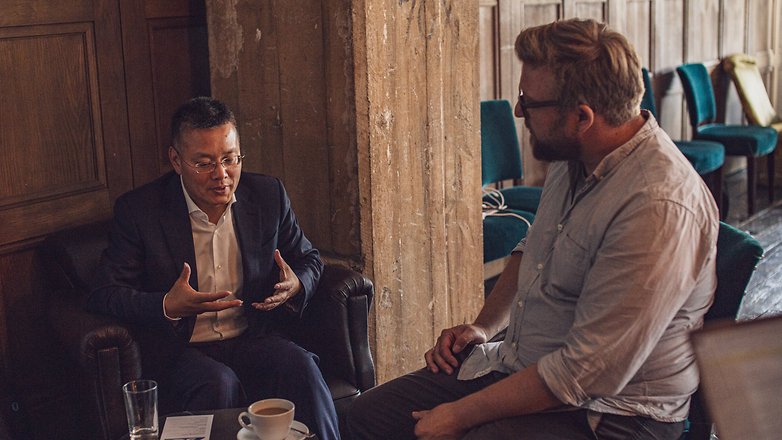
But it's not just Huawei which is striving for freedom from Android and Google. Samsung, Oppo, Xiaomi, OnePlus and more have also realized the disadvantages of relying on a system that is not under their own control. Samsung had ruined the smartphone business of ZTE to a large extent and is now seriously damaging Huawei. The development of an alternative, possibly also together with local partners, is extremely close - and would make Android superfluous for a large part of the global market.
These efforts are also demonstrated by Android customizations. They are much more than just launchers. Whether EMUI, One UI, Oxygen OS or one of the many other systems, they take what they need from Android and extend the core of the system with their own features and self-designed apps as an alternative to what Google offers. Huawei and Samsung are also increasingly focusing on their own app stores. I'll give you a theory that I don't think is so daring: many smartphone users wouldn't even notice if their smartphone wasn't running Android anymore, as long as the interface looks the same and the apps run. This is exactly the goal of projects like Harmony OS, and they are comparatively easy to implement.
If you look at the Android versions since 8.0 Oreo, you'll notice that so many completely new features are not to be seen there. The system appears in large parts to be fully developed, mature and simply somehow "finished". There are areas in which a mobile system could be further developed, for example in view of 5G and artificial intelligence, which make it possible to outsource more and more tasks from smartphones to the cloud.
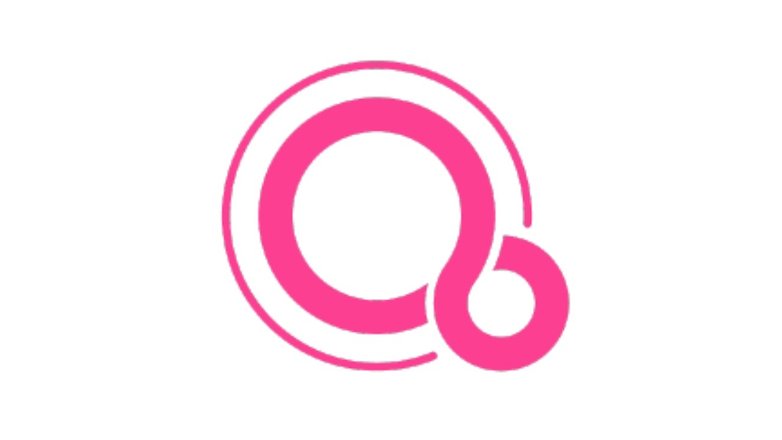
Keep tinkering or start over?
The question is: should Google continue to work on Android together with the developer community and partners, or would it rather develop a new system? Anyone who has ever had anything to do with software knows that development comes to a point where constant changes and modifications are much more work than completely new development. With Android, the question also arises as to whether the kernel is at all suitable for many of the new requirements.
So Google could also use a breath of fresh air, and there is already a suitable system as a basis - namely Fuchsia. The designated successor of Chrome OS and Android has been developed for quite some time and is always haunted by the vastness of the Internet when something is wrong with Android. Whether Fuchsia would really do everything better or different to Android is an open question. However, this also applies to Harmony OS and Co. All new systems still have to prove themselves. But the whole development is currently going in one direction: towards the end of Android. And that's not bad for now, not even for Google.

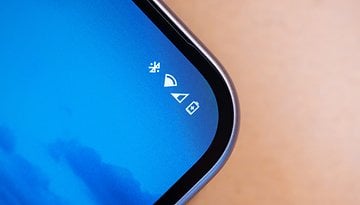
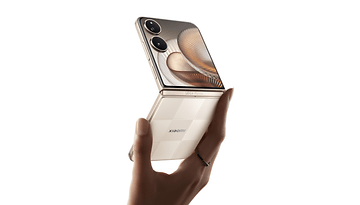
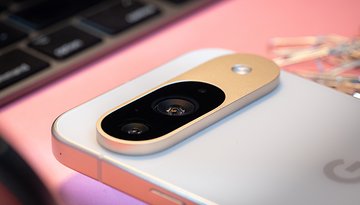
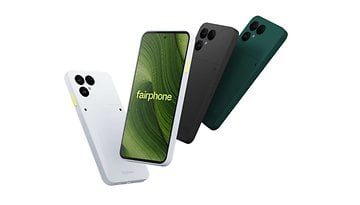


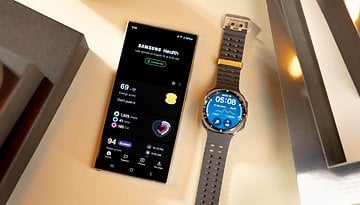
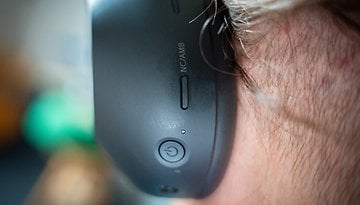
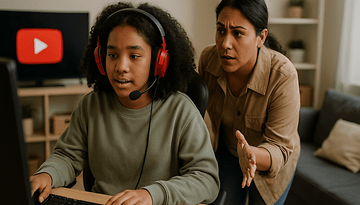
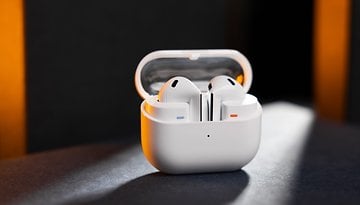



I say to hell with it all! Let's live off the land, enjoy real face 2 face time with our neighbors, friends and families, carve our expressions and thoughts on Mother Earth's OS once again. Atleast for god's sake return actual people to help at Walmart instead of employing customers to cashier and bag for free to maximize profits! The data seems to last longer for our future generations to explore.
Wow, no cussing, blaming, flaming content, trolling, just my opinion. Unapproved content? Not even blaming politicians, all because I wanted to post a state of affairs to how we got where we are. A US site( must be), that can’t stand going against their thinking. The bad part, though, is I’m a US citizen, who tells the truth, as I see it, and will call my country out. I guess this site is communist!
I like open sourced os’s. I also like my honor phone, which is very dependable(especially after all the mods, and tweaks put to it over 2 1/2 years). It uses a snapdragon, and adreno gpu, even the modem is American design. That said, harmony os is open sourced now, but huawei/honor has a way of pulling the rug out from under you. Not worried about spyware, since they are being scrutinized so much, and if other countries aren’t sophisticated enough to find any back door, or malware, what does that say about them? Fuschia’s open sourced, but by now Google’s figured a way to keep it open, but the lockdown on it, with their changes, just for them, as what’s happening with android, will mean you can only do what they want. The Linux community can’t, or won’t get into mobile enough to make anything that’s competitive to what’s out there now(too stuck on pc’s, as I see it) . Android will be the best bet, for the foreseeable future, even if it’s open locked.
Android for me always :-). Android will evolve and won't become outdated. Besides I don't trust Huawei for good reasons. Just don't trust notorious companies with political interests, and a lot of them happens to be from China.
Can I just send all my money and personal information to the Chinese Army directly?
Most people will never use a Chinese OS.
unless it is open source.
I don't really agree. The article suggests that Android will "end" tomorrow. I don't think there will be much change until 3/5 years ?.
The world needs to move forward in every sphere of technology. Android has been really good but we should know that it followed up from some earlier operating systems. Forge on guys but do think of so many people round the world who need to be more educated about new developments. But we hope it will not be at costs of their lives. With this, I mean that you should make it be within their financial reach.
Never say never to change .... I will continue to embrace Android OS, but I expect Google to keep up with (and ahead of) the competition .... and I expect Android OS needs to be updated with each device under agreement with Google (security patches & OS updates are essential whether it's a $100 device or a $1,000 device).
My ideal is FOSS. Android is closer to that than Tizen or Harmony. Pine64 and Purism are offering Linux phones. FOSS phones are coming and I hope they win.
Fuschia, Tizen, and Harmony are designed around monetization. To feed you a stream of ads and report your life back upstream. FOSS puts you, the user, in charge. Or at least lets you control if you wwnt to. Don't scream for progress without looking deeper under the hood.
Having no core commonality will put a strain on app devs, won't it? And Android users will have to replace existing purchased apps. We ARE nearing the end of the alphabet, though.
I hope that when we get to the "end of the alphabet" ☺ Android will be integrated into a larger and more comprehensive OS (Fuchsia❔ ).
IMO Android is not a great OS in terms of efficiency. Using the JVM was a mistake, I think. In addition Google have become very cheeky in their management of the OS, Play Store, developers and partners. Some competition will be healthy.
I love a new OS to play with. Just not from a Communist Government owned company like Huawei.
Harmony: open source, government compile (with just-in-time backdoor edits)
No worse than other countries though, it is always the big bad China, what about the US and other place like here in Australia, our gov, wants all device makers to install a backdoor as well!
-
Admin
Aug 14, 2019 Link to commentSweet little OS Android. But I am a tinkerer so probably what comes next will give me good opportunities of tinkering